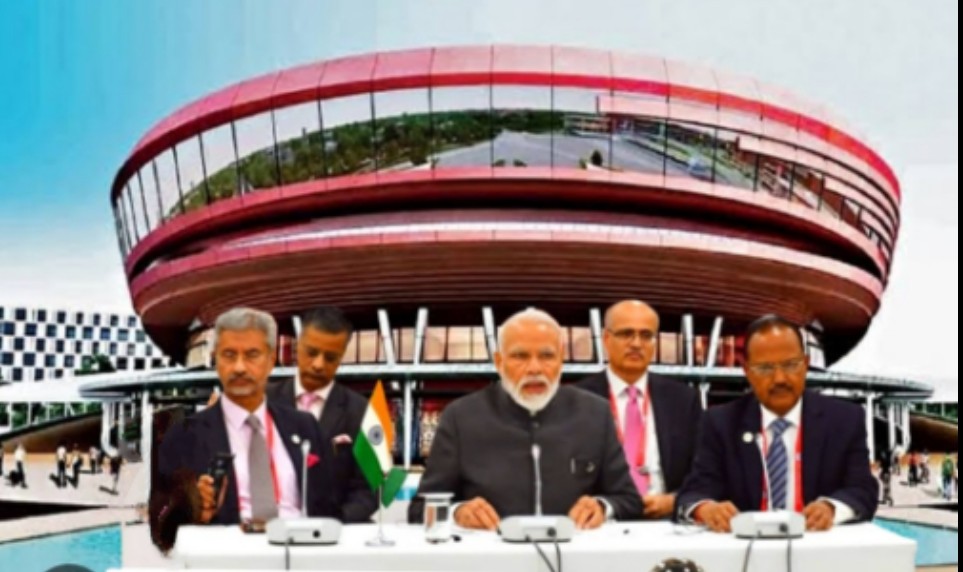G20 Summit in New Delhi: Key Takeaways and Implications
Leaders of the world’s 20 major economies concluded their summit in the Indian capital on Sunday, achieving consensus on various crucial issues. Here are the out come from the event.
G20 Summit, Modi, summit out come
G20 Summit in New Delhi: Key Takeaways and Implications
Leaders of the world’s 20 major economies concluded their summit in the Indian capital on Sunday, achieving consensus on various crucial issues. Here are the out come from the event.
Overcoming Divisions on Ukraine
Despite deep divisions over the war in Ukraine, the G20 nations managed to produce a consensus document. Notably, this document emphasized that states cannot seize territory by force. While it avoided direct criticism of Russia, it marked a shift from last year’s stronger stance when Russia was condemned for the war. Diplomats argue that this softer language was necessary to ensure Russia’s participation in the summit while still committing all nations to refrain from territorial aggression.
The Role of Emerging Powers
India, along with Brazil, Indonesia, and South Africa, played a pivotal role in preventing a fracturing of the G20 over the Ukraine conflict. This reflects the increasing influence of developing nations in the Global South within the group. Their cooperation helped maintain unity during a contentious summit.
Africa’s Permanent Membership in the Union
A formal permanent membership in the G20 has been granted to the African Union (AU), which now has 55 member nations, placing it on level with the European Union. Only South Africa had been a member until now. This action intends to give the Global South a larger voice within the G20, where the G7 countries have traditionally held a dominant position.
The IMEC (India, Middle East, and Europe Economic Corridor)
A significant development during the summit was the signing of a Memorandum of Understanding (MoU) for the India – Middle East – Europe Economic Corridor (IMEC). This ambitious project envisions a network of transportation routes, including railways and sea lanes, to promote economic development by connecting Asia, the Arabian Gulf, and Europe. While the details and financing remain to be finalized, IMEC is seen as a potential alternative to China’s Belt and Road Initiative.
Climate Change Goals
The G20 leaders committed to tripling global renewable energy capacity by 2030 and acknowledged the need to phase down unabated coal power. However, they stopped short of setting specific climate targets or providing a clear plan to achieve these objectives. The summit’s outcomes are closely watched in the lead-up to the COP28 U.N. climate summit.
Modi’s Showcase
Indian Prime Minister Narendra Modi used the G20 leadership as a platform to showcase India’s influence and attract investment and trade. This opportunity is particularly significant as Modi seeks a third term in office. The successful summit outcome bolsters Modi’s image and underscores India’s rising prominence on the global stage.
In conclusion, the G20 summit in New Delhi addressed critical global issues, from Ukraine to climate change and infrastructure development. It highlighted the shifting dynamics within the group, with emerging powers playing a central role, and showcased India’s diplomatic and economic prowess on the world stage.
By: Sunil Kumar, Attingal


























